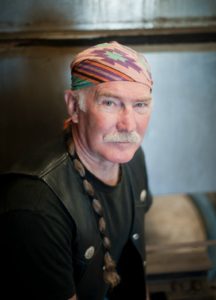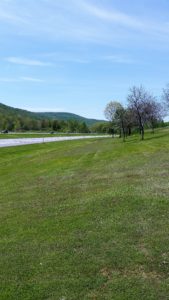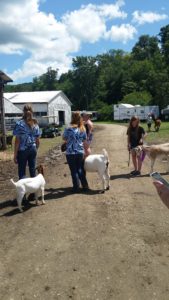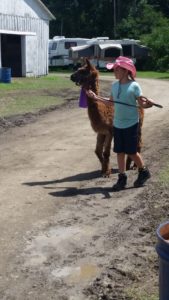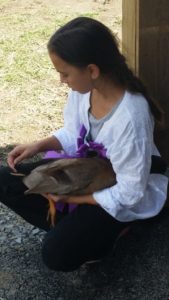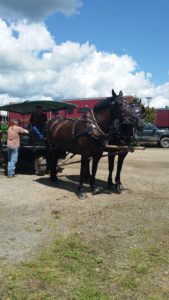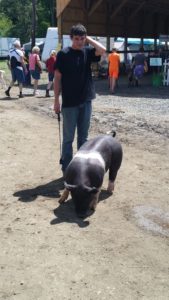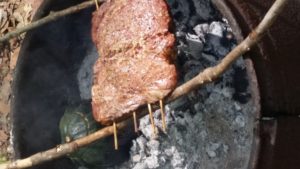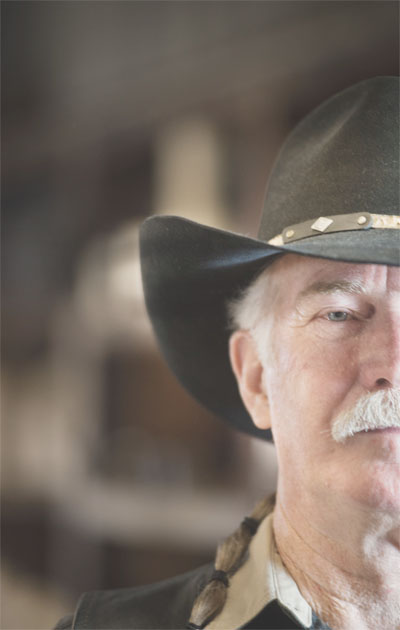We were talking about this the other day, not a new topic for conversation, and Lesley commented about a cozy she was reading as being rather plain. The characters weren’t all that remarkable, or even very different from each other. There was little in the way of action, and nothing very exciting when it occurred. I asked why people would enjoy reading that, and she suggested people might find the characters and plot more relatable than some fiction. After all, many people don’t lead particularly exciting lives, albeit they may live from one crisis to the next. They may find it enjoyable and relaxing to read about lives that are not crisis-ridden and filled with threats of world destruction. We have enough of that in our real lives with international tensions, terrorist attacks and people venting their anger at coworkers, or even strangers, with assault weapons.
Our discussion led me to think about popular media drama, past and present. Certainly, Mayberry did not involve the sheriff in anything catastrophic. The episodes of Barney Miller never dealt with crazed gunmen or terrorists. They were light entertainment. A chance to enjoy a short escape from one’s workday, family problems, or community and world events. Some programs got us thinking about social issues. All in the Family gave us an entertaining look at a working-class family learning to cope with social change, including racial relations.
Today, there seems to be an interest in superheroes. I’m not into that, but I can’t help but wonder if superheroes saving the world from supervillains is ‘safer’ than trusting the world’s survival to a single individual ‘licensed to kill’ who we can always trust to ultimately do the right thing. There’s enough faith vested in individual world leaders today to use up every last shred of trust out there, I’m sure. Better to let imaginary heroes fight the good fight for a while.
So, when we look at murder mysteries, how exciting should plot and characters be? Is it more comforting to have a sleuth bake a batch of cookies while solving a murder rather than become entangled in life-threatening danger? Or, is that too blah? I enjoy Agatha Christie, but I would never think of her characters as blah. I love Robert Parker, but his heroes have a heart, even if they find it necessary to kill someone from time to time. For the most part, I don’t care to see the world exploding in nuclear devastation, even though the hero escapes to save the world yet another day. So, what kind of characters do people love to read, and what is it they find appealing? Any thoughts?
As far as my own series goes, I’m still happy with Bobby Navarro. He’s not a superhero, but he is willing to take on a challenge for the right cause, like solving a murder because it’s the right thing to do. Meanwhile, the weather is fall-like and beautiful, and the day is right to go for a hike around a nearby pond with some friends. How is your fall taking off?

